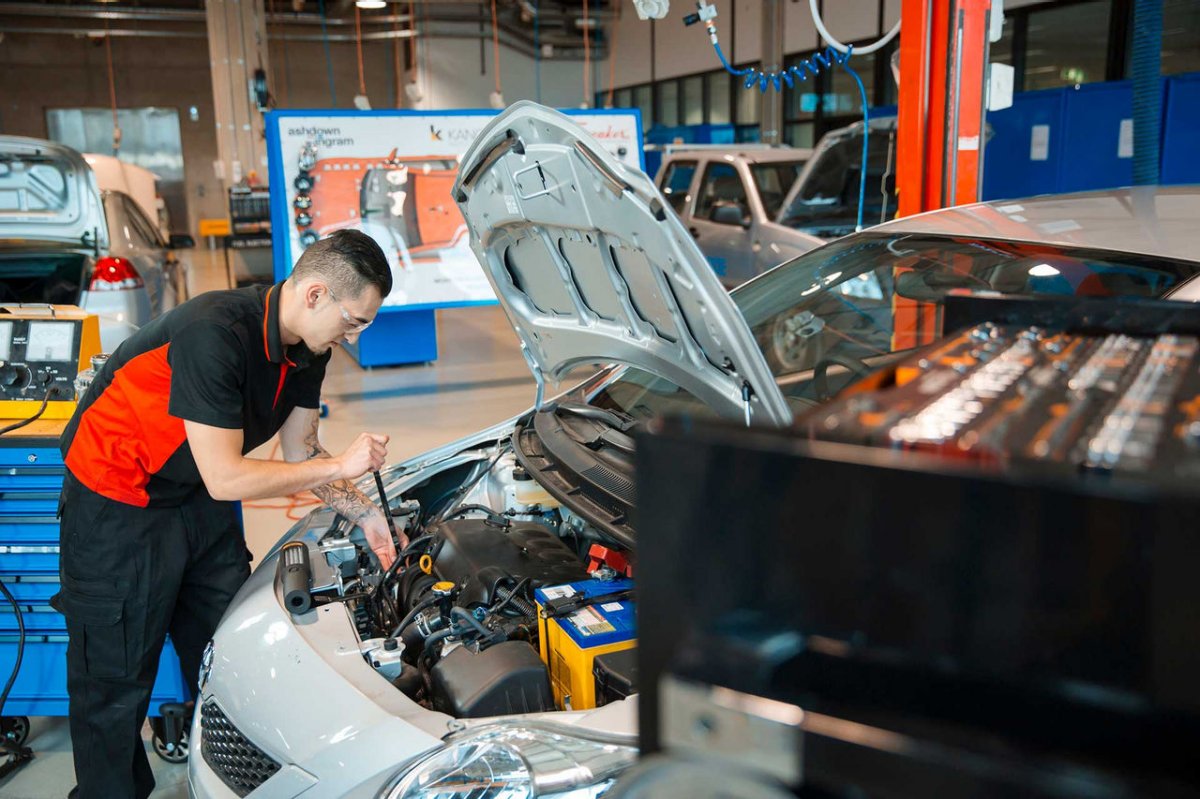Study Tips for Success in Your Certificate 3 in Automotive Course
Body

Embarking on your Certificate 3 in Automotive course is an exciting step toward a rewarding career in the automotive industry. This qualification equips you with the essential skills and knowledge needed to work in automotive workshops, service centers, and other related fields. However, to succeed in this course, it is crucial to develop effective study habits and practical learning strategies. From mastering theoretical concepts to gaining hands-on experience, having the right approach can make a significant difference in your learning journey. Below are essential study tips to help you excel in your Certificate 3 in Automotive course.
Understand the Course Structure and Requirements
Before diving into your studies, take time to understand the structure of your Certificate 3 in Automotive course. This qualification covers various aspects of automotive mechanics, including engine servicing, electrical systems, and diagnostics. Reviewing the syllabus and assessment requirements will give you a clear idea of what to expect and help you plan your study schedule effectively.
Create a Study Schedule That Works for You
Consistency is key when studying for your Certificate 3 in Automotive. Establishing a structured study routine will help you stay on top of your coursework. Allocate specific time slots for reading theory, practicing hands-on skills, and revising previous lessons. A well-planned schedule ensures that you cover all topics without last-minute stress.
Engage in Practical Learning Activities
Since automotive studies are highly practical, gaining hands-on experience is crucial for understanding concepts effectively. Whether you are working on real vehicles, practicing diagnostic tests, or assembling engine components, active participation in practical lessons will enhance your technical skills and build your confidence in handling automotive tasks.
Utilize Study Resources and Learning Materials
Maximize the use of available study resources such as textbooks, online tutorials, workshop manuals, and industry guides. These materials provide in-depth explanations of automotive concepts, helping you grasp technical details more effectively. Additionally, watching instructional videos and attending workshops can further enhance your understanding.
Take Advantage of Group Study and Peer Discussions
Studying with classmates can be beneficial in reinforcing learning. Group discussions allow you to exchange ideas, clarify doubts, and gain new perspectives on automotive topics. Engaging in peer learning sessions can also help improve your problem-solving skills and deepen your understanding of complex subjects.
Stay Organized and Keep Track of Your Progress
Maintaining organized study notes, assignments, and learning materials is essential for efficient studying. Use folders or digital tools to categorize important documents related to your Certificate 3 in Automotive coursework. Regularly reviewing your progress will help you identify areas that need more focus and adjust your study plan accordingly.
Seek Help from Trainers and Industry Professionals
If you encounter challenges in any subject, do not hesitate to seek guidance from your trainers or experienced automotive professionals. Their insights and real-world expertise can provide valuable explanations and practical solutions to enhance your learning experience. Asking questions and participating actively in class will also help you gain a deeper understanding of the course material.
Prepare Well for Assessments and Practical Exams
Assessments play a crucial role in evaluating your competency in automotive skills. To perform well in exams and practical assessments, ensure you thoroughly revise key concepts, practice troubleshooting techniques, and familiarize yourself with workshop procedures. Completing past exam papers and mock assessments can also boost your confidence.
Stay Motivated and Committed to Your Learning Goals
Studying for your Certificate 3 in Automotive requires dedication and persistence. Stay motivated by setting clear learning goals and reminding yourself of the career opportunities this qualification offers. Celebrate small achievements along the way, and maintain a positive attitude toward overcoming challenges. Your passion and commitment to learning will ultimately lead you to success in the automotive industry.










Comments